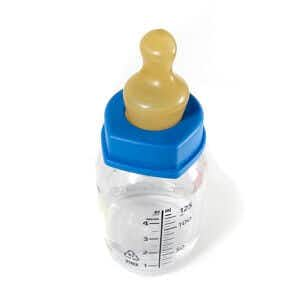
Has the Food and Drug Administration painted itself into a corner when it comes to bisphenol A (BPA)? This chemical is found in hard, clear plastic. It also used to line metal cans (soda, beer and food). Dentists use BPA-containing plastic to seal teeth and protect them from cavities.
Unlike Canadian regulators, who consider BPA a toxic chemical, American watchdogs have concluded that BPA is safe. This is a position that the FDA has held for years. A draft report that the agency released in August concluded that the amounts of BPA that leach out of containers into foods or beverages pose no threat to humans and no action is required to reduce exposure.
An article in the Journal of the American Medical Association (JAMA, Sept. 17, 2008) concludes “…that higher urinary concentrations of BPA were associated with an increased prevalence of cardiovascular disease, diabetes, and liver-enzyme abnormalities.”
An accompanying editorial in the JAMA acknowledges that this association does not prove that BPA is to blame, but it cites animal research showing that low levels of BPA can result in insulin resistance (a feature of type 2 diabetes). The authors also express concern that babies may be more susceptible to the estrogenic effects of BPA, a known endocrine disruptor.
With the JAMA article and a growing consensus from the scientific community that BPA during development may pose significant risks for humans, the FDA’s position that all is well is becoming more difficult to defend. A panel of experts for the FDA has criticized the agency for its handling of the BPA review. The independent scientists said on October 29th that the FDA ignored too many studies when it reached its earlier conclusions about safety.
We hope that the FDA isn’t so wedded to defending its original position that it is willing to put the health of American babies at risk. Safe until proven dangerous should not be the FDA’s motto. We prefer the “precautionary principle” which holds that chemicals should be proven safe before massive exposure.
For more details on BPA listen to our podcast of radio show # 670.

